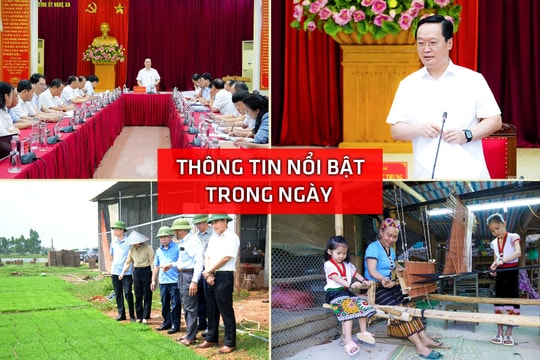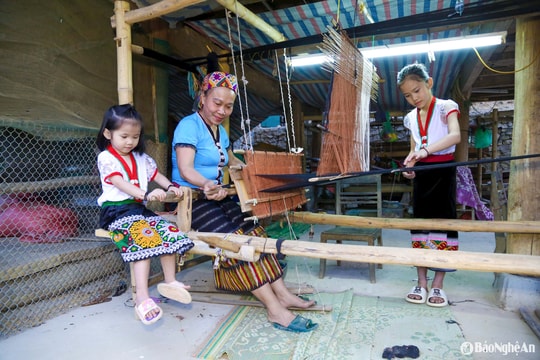Thanh Chuong: New life in resettlement area
(Baonghean.vn) - It has been more than 10 years since the relocation to Thanh Chuong district to donate land for the construction of Ban Ve Hydropower Plant. The lives of 2,605 households in the resettlement areas have now stabilized and developed.
Despite the cold weather, Mr. Luong Thanh Phuong in Muong village, Ngoc Lam commune (Thanh Chuong) and his family members still took the time to go to the hill to prune tea branches, preparing for the new crop. As an ethnic minority, new to industrial tea, he has mastered the stages of intensive tea cultivation.
"Tea is an easy plant to grow. You can plant it once and harvest it for many years. With 3 hectares of tea last year, I earned over 500 million VND," said Mr. Phuong.
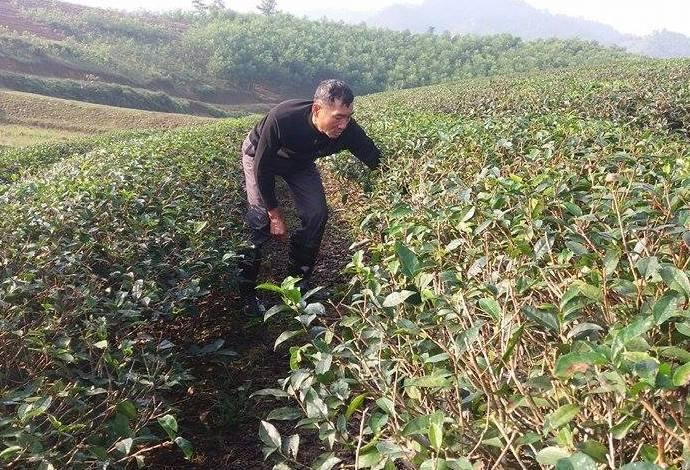 |
| Mr. Luong Thanh Phuong in Muong village, Ngoc Lam commune (Thanh Chuong) takes care of tea in preparation for the new harvest season. Photo: Dinh Ha |
Mr. Luong Thanh Phuong is just one of thousands of households in the resettlement communes of Ngoc Lam and Thanh Son who were relocated from the hydroelectric reservoir to Thanh Chuong district to build a new homeland. Mr. Phuong has changed his life from production and animal husbandry, including industrial tea trees.
Recalling 10 years ago and the years after, people were almost “sitting around doing nothing”, waiting for subsidies on the resettlement land. Along with stabilizing their living quarters, with the help of the Party Committee, authorities at all levels and the local people, people have adapted to their new life. Having received land and being guided by the hand, they have given up the habit of burning forests to make fields, digging holes and sowing seeds.
Up to now, in the two communes, there are nearly 200 hectares of rice fields, thousands of hectares of alluvial land and forest land. Thanks to that, in addition to growing rice and vegetables for daily meals, people have actively planted forests and tea.
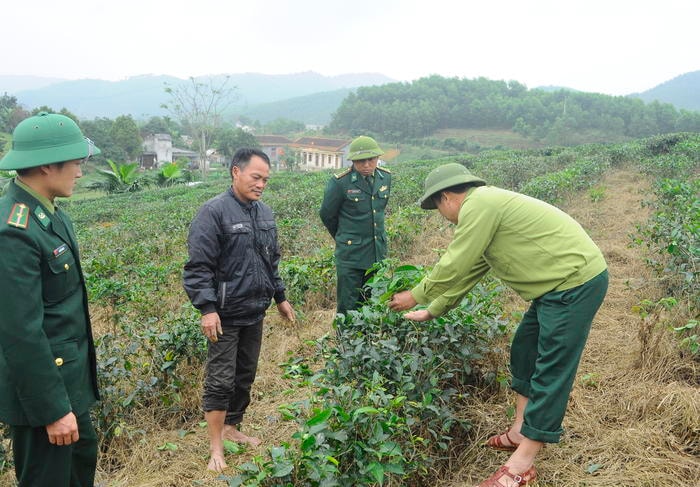 |
| Officers of Ngoc Lam Border Guard Station are discussing tea making techniques with locals. Photo: Dinh Ha |
Currently, in the two communes, there are more than 3,000 hectares of planted forests, mainly hybrid acacia trees, and 234.5 hectares of industrial tea. This is the basis for Thanh Chuong district and the two communes to direct the planting of 500 hectares of tea in the coming years, determined to turn the resettlement area into the district's tea focus.
Along with investment in production, people have revived traditional occupations, learned new occupations and invested in business. Currently, in addition to brocade weaving and knitting, many households have invested in poultry incubators, opened service stalls, built processing factories; and formed food trading agencies to exchange goods with the lowlands.
Being successful in processing dishes from beef, local pigs, stream fish, bamboo shoots, vegetables, wild fruits, Ms. Truong Hien - an official of Thanh Son commune has provided services earning tens of millions of dong each month. From just her, now in Thanh Son commune there are more than 10 people following her lead, all of whom are able to sell their products as well as import other goods to serve the people.
Thanks to keeping up with and integrating with life and new ways of doing business, the lives of resettled people are changing every day... If in the past, people had to travel dozens of kilometers to buy a light bulb, now people can buy all kinds of goods from popular to high-end right in the area.
According to Mr. Lo Huy Hung - Chairman of the People's Committee of Ngoc Lam commune, when they first moved to the new land, over 70% of the households were poor, many of them were extremely poor; by 2016, this index had dropped to 67.8%, and by the end of 2017, it was only 55%, down more than 12% compared to the same period last year, basically there were no more hungry households.
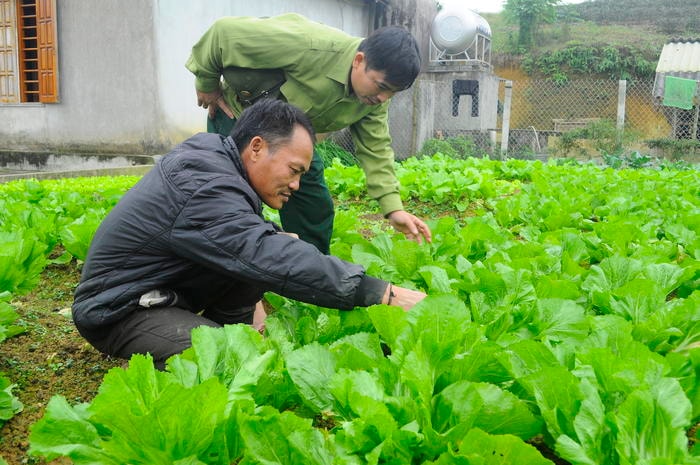 |
| In addition to food crop production, vegetable growing is also of interest to resettled people for food self-sufficiency. Photo: Dinh Ha |
To ensure life and development, the Party and the State at all levels have been coordinating with the Ban Ve Hydropower Project Management Board to gradually remove difficulties, investing billions of dong each year to build infrastructure to help people exploit the potential of land, hills and forests.
Today, on the roads leading to the resettlement communes, it is easy to see cassava fields, green tea hills embracing the mountains, villages and the enthusiastic working atmosphere of the ethnic people. This is the driving force and condition for the new land to continue to grow, to have a new life better than the old place.
Ha Temple
| RELATED NEWS |
|---|

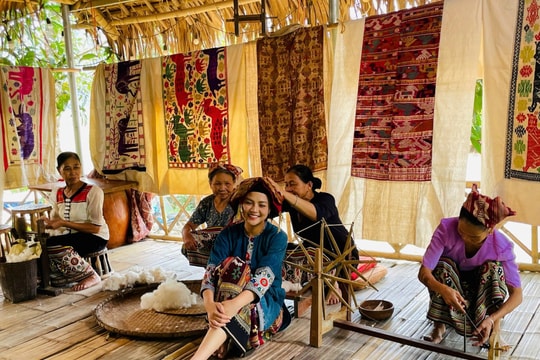
.jpg)
